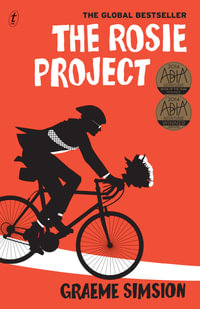It was with considerable reluctance that I abandoned in favour of the present undertaking what had long been a favourite project: that of a new edition of Shelton's "Don Quixote," which has now become a somewhat scarce book. There are some-and I confess myself to be one-for whom Shelton's racy old version, with all its defects, has a charm that no modern translation, however skilful or correct, could possess. Shelton had the inestimable advantage of belonging to the same generation as Cervantes; "Don Quixote" had to him a vitality that only a contemporary could feel; it cost him no dramatic effort to see things as Cervantes saw them; there is no anachronism in his language; he put the Spanish of Cervantes into the English of Shakespeare. Shakespeare himself most likely knew the book; he may have carried it home with him in his saddle-bags to Stratford on one of his last journeys, and under the mulberry tree at New Place joined hands with a kindred genius in its pages.But it was soon made plain to me that to hope for even a moderate popularity for Shelton was vain. His fine old crusted English would, no doubt, be relished by a minority, but it would be only by a minority. His warmest admirers must admit that he is not a satisfactory representative of Cervantes. His translation of the First Part was very hastily made and was never revised by him. It has all the freshness and vigour, but also a full measure of the faults, of a hasty production. It is often very literal-barbarously literal frequently-but just as often very loose. He had evidently a good colloquial knowledge of Spanish, but apparently not much more. It never seems to occur to him that the same translation of a word will not suit in every case.
























